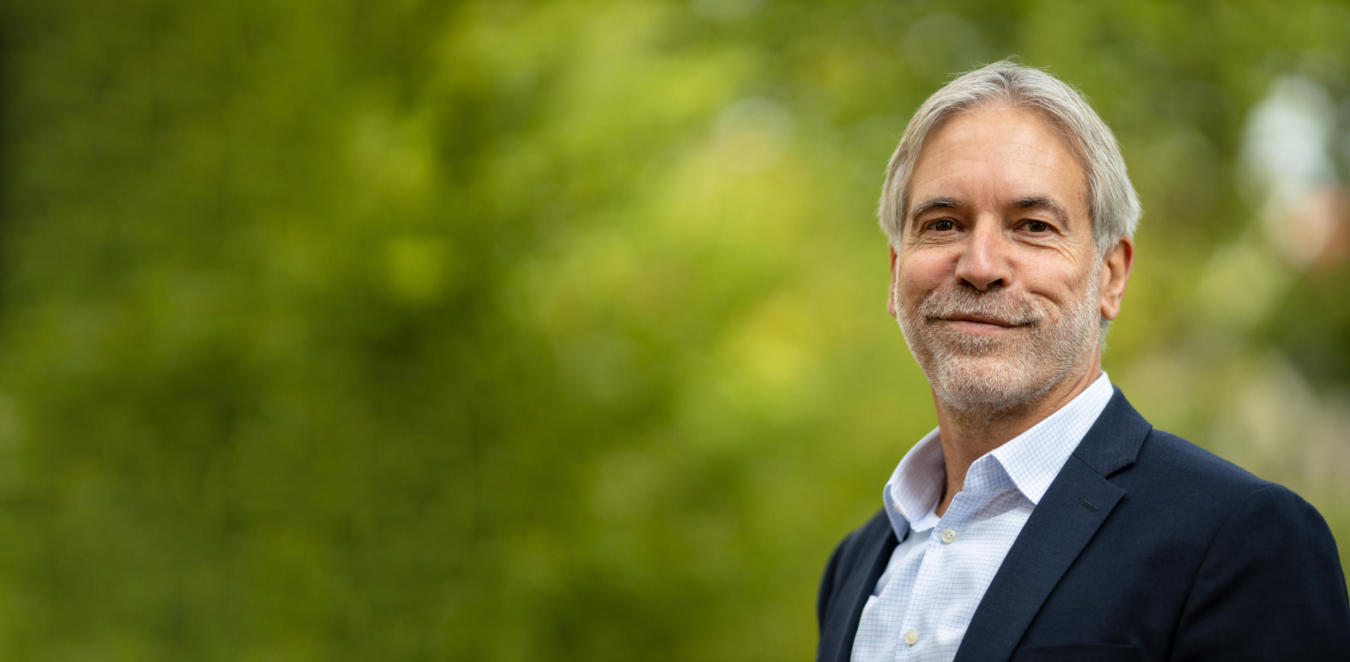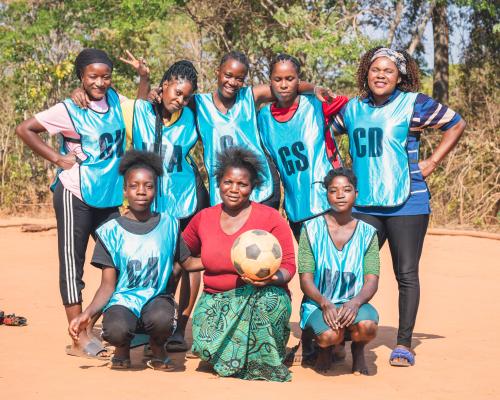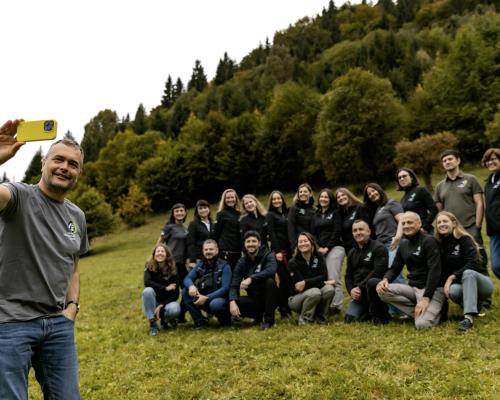The biologist, conservationist, and executive director of the Frankfurt Zoological Society (FZS), Dr. Christof Schenck, will be receiving this year’s German Environmental Prize. The German Federal Environmental Foundation (Deutsche Bundesstiftung Umwelt (DBU)) announced today.

FZS Executive Director Dr. Christof Schenck to receive German Environmental Award
5 September 2022 – During its 30th awards ceremony, the German Federal Environmental Foundation (DBU) will be bestowing the German Environmental Prize – one of the most prestigious awards in Europe. This year it commends Dr. Christof Schenck (60) who strategically developed and expanded the Frankfurt Zoological Society as its Executive Director for the past 22 years.
The entire FZS team and the Board of Directors, are extremely pleased and send congratulations to Christof Schenck on being chosen to receive the German Environmental Award. This prestigious prize will be presented to him by German President Frank-Walter Steinmeier on 30 October in Magdeburg. Schenck shares the German Environmental Award 2022, worth 500,000 euros, with entrepreneurs Friedrich Mewis and Dirk Lehmann.
“This is a fantastic and well-deserved award for Christof Schenck,” states, with delight, FZS President Klaus Becker, who was one of the first to congratulate Schenck on the Environmental Award. Schenck is a passionate conservationist, a biologist in his heart and soul, and a consistent spokesperson regarding the global climate and biodiversity crises, says Becker. But that alone does not account for the success that has led to him receiving this great award. Schenck, he says, is also a strategic thought leader with a vision who has always sought to advance conservation beyond the confines of FZS. “Christof Schenck can confidently consider himself one of the founders of the Legacy Landscapes Fund, a foundation set up by the German Federal Ministry for Economic Cooperation and Development (BMZ), which has been offering a new type of financing instrument for protected areas in the tropical belt since 2021,” says Becker.
When biologist Christof Schenck took over management of the Frankfurt Zoological Society in December 2000, he could not have known where the journey would take him two decades later. His team in Frankfurt, at the time, consisted of a handful of people, and an annual budget that supported FZS’s portfolio of 70 conservation projects, some of which were quite small, of around 4.5 million euros. Today, FZS’s commitment focuses on 31 large programs and projects in 18 countries, which we were able to support with a total of 24.8 million euros in 2021. FZS contracts 1,277 people, most of whom are based within project countries, and many of whom work interlinked with the national parks.
“The world is burning everywhere, and the window of opportunity to save anything is getting smaller and smaller,” says Christof Schenck, explaining why he has led FZS on a clear growth trajectory in recent years. “We at FZS have the financial and human resources to make a difference, so we have to do it. And we need to do it now.”
While climate change is now visible and tangible to all, Schenck is certain that not everyone understands the great biodiversity crisis. That’s why he doesn’t just warn with words, but he also encourages his teams in the project countries to push even harder for the protection of large wilderness areas, to better secure existing protected areas, or to achieve protected status for unprotected areas.
According to the World Biodiversity Council (IPBES), around one million animal and plant species are threatened with extinction. Intact ecosystems are vanishing, and with them basic life necessities such as clean air, pure water, and uncontaminated soil. “In order to ensure the functionality of ecosystems for us humans, basic funding for our most important national parks is necessary,” says Schenck, for whom national parks are the best way to achieve the so-called 30×30 goal. Under this ambitious goal, around 100 countries and many NGOs are striving to ensure that about 30 percent of land and marine areas are protected by 2030. The Frankfurt Zoological Society wants to contribute to this goal and support the safeguarding of further areas both logistically and financially.
For Christof Schenck, it goes without saying that this can only be achieved through joint efforts with local people. “For us, it is enormously important that we preserve areas today for the future, and that we have national parks where nature is preserved, for us without us. And to do that, of course, we have to work closely with local people or with indigenous groups and keep trying to resolve any conflicts and continue to develop better living conditions.”
FZS’s approach has always been to act as a trustworthy partner to a country’s respective protected area authority, supporting where capacity is lacking or where it struggles. “However, nature conservation is also a decisive factor for the economic development of a region and local people must benefit from this development,” says Schenck.
Christof Schenck sees the German Environmental Award as further motivation to continue on the path he has taken with the Frankfurt Zoological Society. “I feel honored,” says the award winner, “but it is also an incredible responsibility not to let up under any circumstances. Because there is very, very much ahead of us.”
Dr. Christof Schenck Press photos
For download and use in connection with the Environmental Award:
photos.fzs.org/press-photos/FZS-People/Dr-Christof-Schenck
The German Federal Environmental Foundation press release is found here: www.dbu.de/umweltpreis
Press contacts
Dagmar Andres-Brümmer, Head of Communications and Katharina Hensen
Tel. +49 (0)69 – 94 34 46 11
E-Mail: presse@zgf.de











